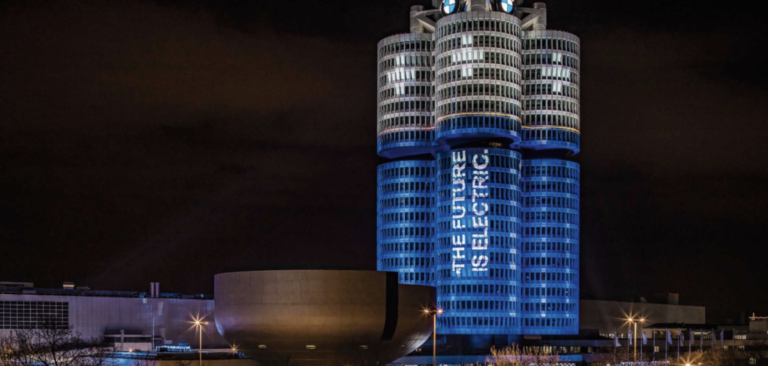BMW has announced plans to accelerate development of future battery technology, which will support the ramp-up in the European cell and battery value chain.
Oliver Zipse, chairman of the board of management at BMW, recently received a grant decision supporting the company’s proposed battery projects within the framework of the battery IPCEI (Important Project of Common European Interest).
The company’s goal follows BMW’s presentation of its new generation of vehicles, named the Neue Klasse, at its annual conference in March. The all-electric vehicles feature electric and digital architectures, and will be launched by the middle of the decade.
“With the Neue Klasse, we will make a big leap in technology in electric drive,” said Zipse. “We want to significantly increase the energy density of the cells and reduce the costs of material use and production at the same time. We will also significantly reduce the use of primary material to ensure a truly ‘green’ battery.”
Within the two battery IPCEIs, BMW is looking to develop highly innovative, sustainable, function-optimized and cost-effective battery cells as a key element of a European cell and battery value chain. Supporting the project is the Federal Ministry of Economics and the Bavarian State Ministry for Economic Affairs, Regional Development and Energy.
Peter Altmaier, the federal minister for economic affairs and energy, commented “With the joint European projects, we have successfully built up the battery value chain in Germany and Europe and secured sustainable jobs. We support BMW in two concrete projects in the field of battery technology. Both projects are central to the further expansion of electromobility in Germany.”
“The development of battery cells is an ideal fit for Bavaria’s automotive industry and tech-industry as a whole,” added Bavaria’s minister of economic affairs, Hubert Aiwanger. “Bavaria is supporting this IPCEI project from BMW with co-financing in order to secure added value in a central high-tech field with great future potential. Because electromobility is becoming increasingly important, we have to produce the battery cells needed here in Germany, preferably in Bavaria. Our aim must be to participate economically in this climate-friendly technology and to make Europe more independent of suppliers from third countries.”
Following the development of next generation lithium-ion cells alongside a battery module and battery system concept in the first IPCEI, BMW’s focus in the second is on further development of next generation lithium-ion cells, the development and optimization of process technologies as well as the construction of a prototype production plant for innovative battery modules and systems. Another focus for the company is to achieve a fully recyclable battery.
Through the research and validation of future technologies such as solid-state batteries, BMW seeks to strengthen the company’s expertise and competence, as well as that of Germany, in this field.
Following the holistic approach of a closed innovation and development cycle, BMW will develop innovative products in the areas of battery cells and battery modules and systems, with a focus on improved functionality and a significantly improved cost structure. The recycling and the usability of the batteries after their automotive use are also taken into account.
The research results achieved by BMW and other partners involved in the IPCEI project are expected to strengthen the development of an integrated European battery value chain. In addition, various concepts for solid-state batteries are being researched together with European R&D partners and the most successful prototype is being implemented.


